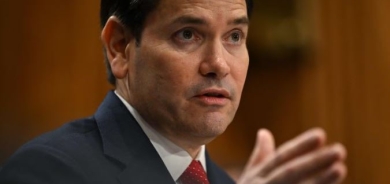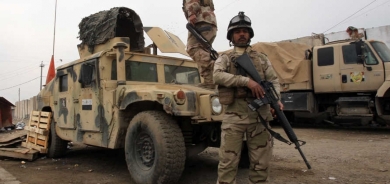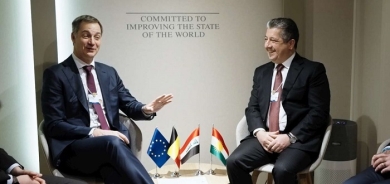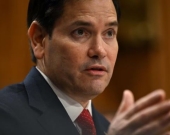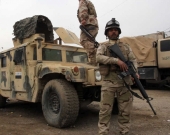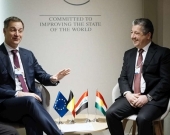The Kurdish forces facing the Islamic State need help from the United States

A NEW humanitarian and security crisis has erupted in northern Iraq, where the al-Qaeda-derived Islamic State borders territories controlled by Iraqi and Syrian Kurds. Since last weekend, tens of thousands of civilians have been trapped on a mountainside near the Iraqi town of Sinjar, which was captured by Islamic State fighters. The refugees, including an estimated 25,000 children, lack supplies of food and water and could perish in a matter of days unless a relief corridor is opened, according to the United Nations. Meanwhile, the extremist forces are threatening to capture Iraq’s two largest dams and are pressing toward Irbil, the capital of Iraqi Kurdistan.
Both the potential human cost and the threat to U.S. interests are vastly greater than in the Gaza Strip, which has consumed the attention of Secretary of State John F. Kerry and senior White House officials in recent weeks. An Iraqi minority group concentrated in the contested area, the Yazidis, is facing nothing less than genocide at the hands of the Islamic State, which considers the sect heretical. Meanwhile, the strongest and most reliable U.S. ally remaining in the region, the Kurdistan government, is struggling to hold the line against Islamic State forces.
The Obama administration’s response to this emergency, however, has been listless. U.S. officials have reportedly authorized the direct supply of munitions to Kurdish forces, which have been attempting to retake Sinjar, and have coordinated attacks by the Iraqi air force against Islamic State targets. It has also pushed the Iraqi government to carry out a humanitarian air drop in the area where the Yazidi refugees are stranded, though the operation achieved only limited results, according to a report by The Post’s Loveday Morris.
Kurdish forces still suffer from the warped and outdated U.S. policy toward Iraq, which prioritizes maintaining a strong central government in Baghdad over aiding the secular, democratic and pro-Western Kurds. A Kurdish delegation that visited Washington last month seeking direct military aid to fight the Islamic State was rebuffed. Administration officials contend they cannot act without the consent and cooperation of Iraqi Prime Minister Nouri al-Maliki, even though his sectarian policies are largely responsible for returning the country to civil war.
President Obama dispatched some 800 U.S. personnel to Iraq earlier this summer in order to evaluate the Islamic State threat, protect the U.S. embassy and coordinate assistance. But the administration has refrained from major new aid initiatives or U.S. military action, saying that it first wants to see the formation of a broadly representative Iraqi government. That goal may not be achievable in the near future, or ever; meanwhile, the extremist Islamist forces continue to advance, both in Iraq and Syria.
Mr. Obama is right to deny new support to the Iraqi government as long as the toxic Mr. Maliki remains in office. But it can and should act immediately to address the humanitarian crisis in northern Iraq and to further support Kurdish forces, which face the Islamic state along a 600-mile border. If the Iraqi airlift of supplies to the stranded Yazidis is ineffective, the United States should consider other action to save the refugees. It also should supply Kurds with the heavy weapons they have requested and, if necessary, use U.S. air power to stop the Islamic State forces from advancing further.


